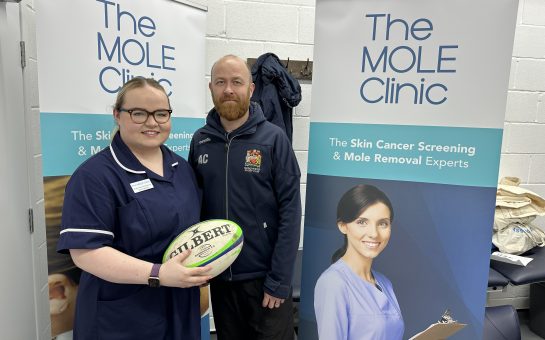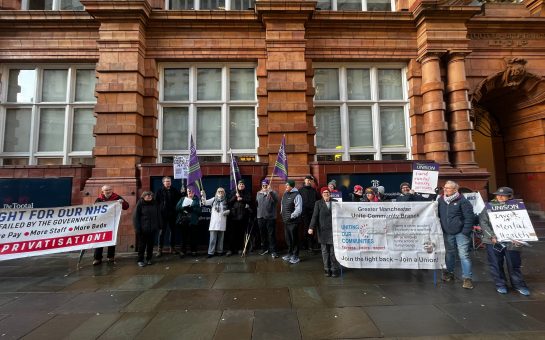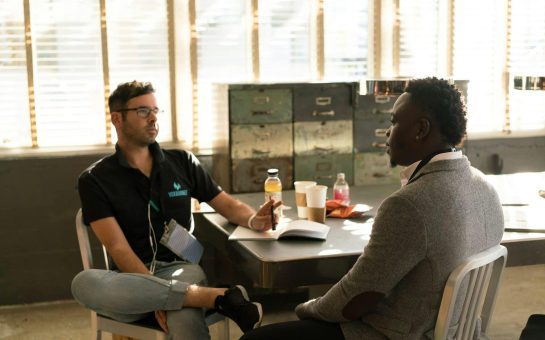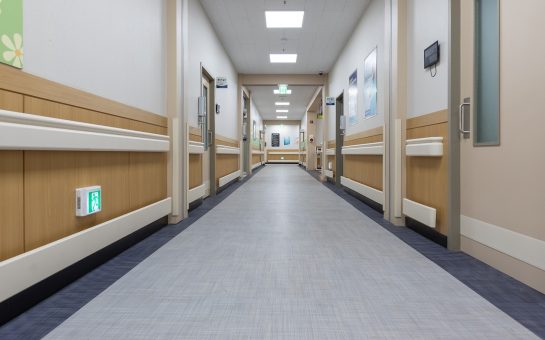Earlier this month, Helen Bourne and Eleanor Shiers set up the Seeds of Hope support group in Withington for women recovering from eating disorders.
Both are recovering from eating disorders and wanted to help others in a similar situation.
Recent media reports show a 37% increase in hospital admissions for eating disorders in the UK, with anorexia cited as the ‘deadliest mental illness’. This is despite it being one of the least common eating disorders.
The most common eating disorder is other specified feeding or eating disorder (OSFED), followed by binge eating disorder and bulimia.
“Back in September we both lost a mutual friend to an eating disorder which was a really difficult time for us,” said Helen.
“It’s hit us hard that eating disorders can be deadly…and the more support that’s out there the better.”
Both received support from the NHS to help them recover, but acknowledged that health services are stretched at the moment.
“I guess we want to try and fill the gap,” they said.
Eleanor suggested that sometimes eating disorders go undetected because they “thrive on secrecy.” However, with an open and friendly support group, both Helen and Eleanor are hoping to encourage healthy discussion.
“We want to create space for people where it’s safe and they can talk to others who are going through similar things,” said Helen.
Attendees can expect an informal assessment on their first session to ensure they are in recovery and that the group is right for them.
“We try to be as welcoming and relaxed as possible because we know it can be daunting,” said Helen.
They recommended that those suffering with an eating disorder “reach out” to their GP and the people around them. There is also the Beat charity’s helpline, which offers support and guidance.
Helen and Eleanor commented that no disorder is the same: “I think as with all mental health problems, the variety can be massive. It can be genetic, it can be trauma-based, or it could be a combination of different factors.”
Eleanor described the link between eating disorders and body image as a misconception.
“With some people that is an aspect but it’s not the whole story,” she said.
“Sometimes it’s very hard to know where they’ve come from.
“It can be a coping strategy. You don’t think of it as something with a name, it’s something you do just to cope if you’re going through a difficult time, but I think a key part of recovery is acknowledging that you have an eating disorder.”
Helen and Eleanor had a lot of support from Mind, the mental health charity, receiving training in setting up their peer support group.
The support group is currently only available to women over the age of 18, although they may seek to include men in the future.
Sessions run at Withington Fire Station Community Room 2 every Monday 7-9 pm. All types of eating disorders are welcome and you don’t need a diagnosis to attend. Sessions are free and there’s no need to book in advance.
To find out more, visit the Seeds of Hope Facebook page.
Main image courtesy of SickKidsInteractive via YouTube, with thanks.



